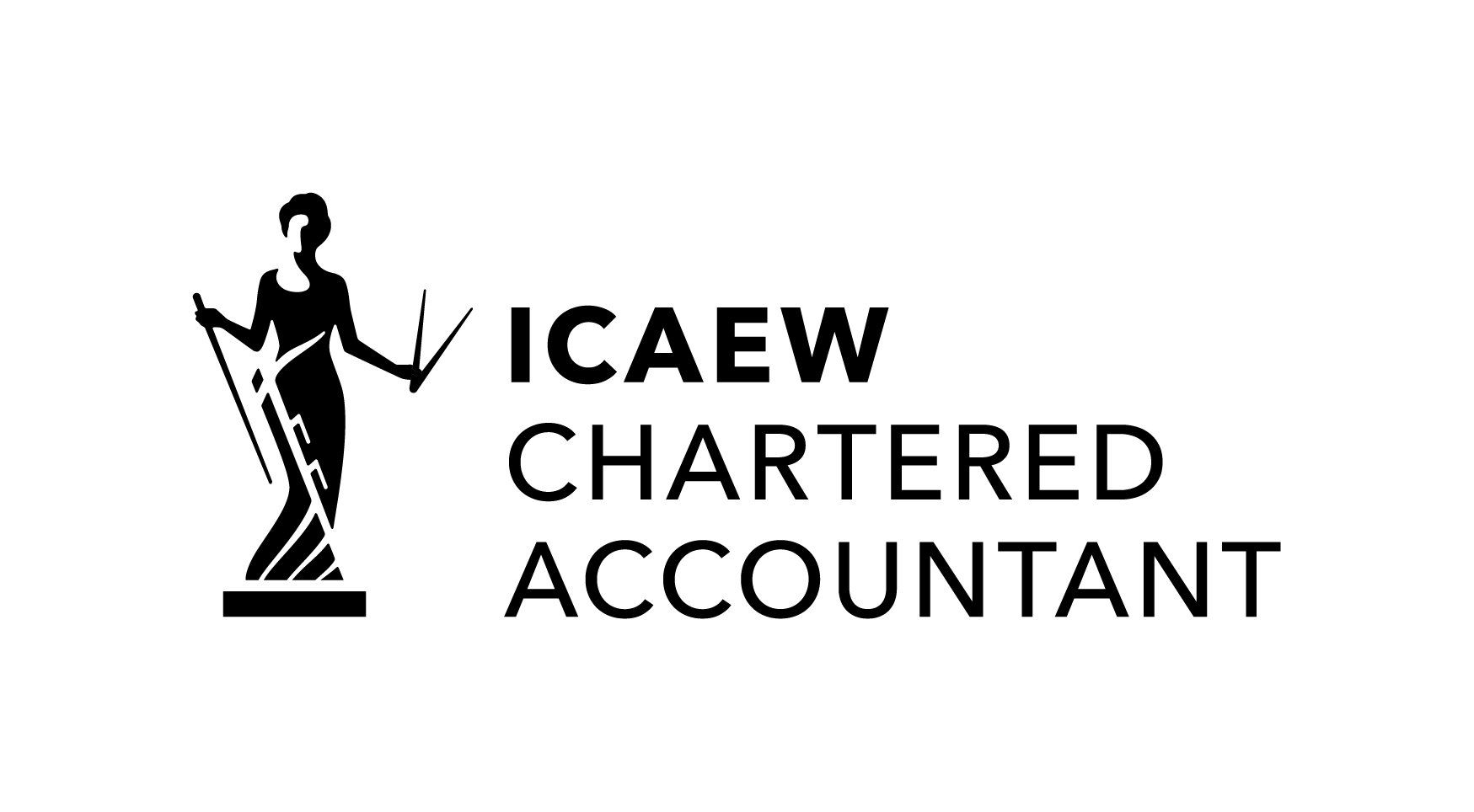Moving resilient to brilliant
Blog Layout
What ESG means to me
Patrick Lowe • October 4, 2020
My overview of what Environmental, Social and Governance means

Environmental, social and corporate governance, or ESG, refers to how sustainable an organisation and its activities are perceived to be. Industries such as fossil fuels and tobacco are often perceived as obviously immoral. Instead ESG ratings are useful for more nuanced grey areas, such as analysing the pollution caused by renewable energy producers. Terms such as “sustainable investing”, “impact investing” and “screening” are often used as synonyms for ESG.
The Environmental Aspect
The environmental challenges society faces today are consistently at the forefront of public discourse. While certain world leaders have worked to undo the progress of the environmentalist movement, social movements continually push for green growth. The environmental aspect of ESG auditing allows investors to only support organisations dedicated to tackling climate change.
ENVIRONMENTAL: CLIMATE CHANGE, RESOURCE SCARCITY, WASTE AND POLLUTION, DEFORESTATION
The Social Aspect
The recent international BLM protests have emphasised the uncomfortable truth of institutional racism in our society. In many ways our society works to benefit the majority community at the detriment of minority communities. The rise of women on FTSE 100 boards to 33% as of 2020 represents progress towards a more diverse workplace. The social aspect of ESG auditing ensures that investment is going towards companies with diverse workplaces and fair working conditions.
SOCIAL: WORKING OCNDITIONS, HEALTH AND SAFETY, DIVERSITY, EMPLOYEE RELATIONS
The Corporate Governance Aspect
Corporate governance identifies the structure of an organisation, who has power and who can be held accountable. Good corporate governance ensures that the interests of an organisation’s shareholders, employees and the broader community are taken into account. Controversies regarding corporate governance, such as international company tax avoidance, indicate a lack of social responsibility and corporate accountability. The corporate governance aspect of ESG auditing ensures that investors are contributing to organisations which value transparency and accountability.
GOVERNANCE: EXECUTIVE PAY, BRIBERY AND CORRUPTION, BOARD STRUCTURE, TAX STRATEGY
Sustainable investment has proven to be a growth area with continually increasing returns for investment. In 2007 the European Investment Bank issued its first green bond and by 2017 over $155 billion worth of green bonds had been issued internationally. In the same way as a medical charity will often avoid investing in the tobacco industry, ESG ratings enable socially conscious investors to avoid organisations which operate counter to their personal values.



